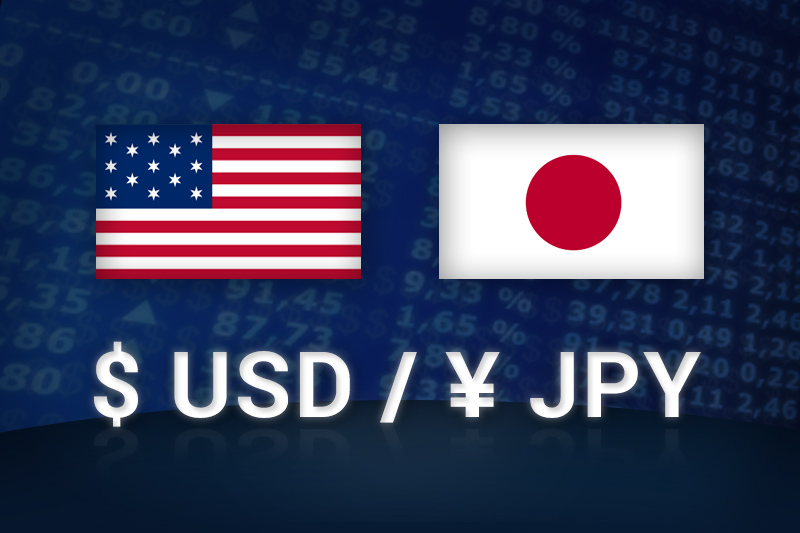Investing.com - The U.S. dollar traded lower against the Japanese yen during Monday’s Asian session due to a familiar concern: That the yen has fallen too far too fast against its major rivals.
In Asian trading Monday, USD/JPY fell 0.35% to 102.85. The pair is likely to find support at 102.07, Friday’s low and resistance at 104.00.
The pair climbed to an almost six-year high last week. USD/JPY traded above 103 last week for the first time since October 2008.
On Monday, Japan’s Economy Minister Akira Amari said that further declines in the yen could start having a negative impact on Japanese citizens and the ability of the government to manage such declines.
In the spot market, the yen has tumbled 20% in the past six months, making it one of the worst-performing developed market currencies. Over the same time, the dollar and euro have each traded higher by more than 3.5%. Each have gains of better than 15% against the yen.
Data from the U.S. Commodities Futures Trading Commission indicate hedge funds and other market participants are raising their bets that USD/JPY keep rising. Net long positions totaled over 88,400 contracts for the week ending May 14, an almost 10,000-contract increase from the previous week, according to the data.
Last week, USD/JPY rose for third straight week and the sixth week in seven. Still, some analysts see further downside ahead for the yen because global investors have more confidence in Japanese Prime Minister Shinzo Abe than any other Japanese leader in recent memory.
Traders have also indicated action in USD/JPY is not a byproduct of a strong dollar, but rather Japan’s success at orchestrating the yen lower.
Elsewhere, EUR/JPY fell 0.41% to 131.94 while AUD/JPY dropped 0.19% to 100.30. NZD/JPY inched down 0.02% to 83.24.
In Asian trading Monday, USD/JPY fell 0.35% to 102.85. The pair is likely to find support at 102.07, Friday’s low and resistance at 104.00.
The pair climbed to an almost six-year high last week. USD/JPY traded above 103 last week for the first time since October 2008.
On Monday, Japan’s Economy Minister Akira Amari said that further declines in the yen could start having a negative impact on Japanese citizens and the ability of the government to manage such declines.
In the spot market, the yen has tumbled 20% in the past six months, making it one of the worst-performing developed market currencies. Over the same time, the dollar and euro have each traded higher by more than 3.5%. Each have gains of better than 15% against the yen.
Data from the U.S. Commodities Futures Trading Commission indicate hedge funds and other market participants are raising their bets that USD/JPY keep rising. Net long positions totaled over 88,400 contracts for the week ending May 14, an almost 10,000-contract increase from the previous week, according to the data.
Last week, USD/JPY rose for third straight week and the sixth week in seven. Still, some analysts see further downside ahead for the yen because global investors have more confidence in Japanese Prime Minister Shinzo Abe than any other Japanese leader in recent memory.
Traders have also indicated action in USD/JPY is not a byproduct of a strong dollar, but rather Japan’s success at orchestrating the yen lower.
Elsewhere, EUR/JPY fell 0.41% to 131.94 while AUD/JPY dropped 0.19% to 100.30. NZD/JPY inched down 0.02% to 83.24.
